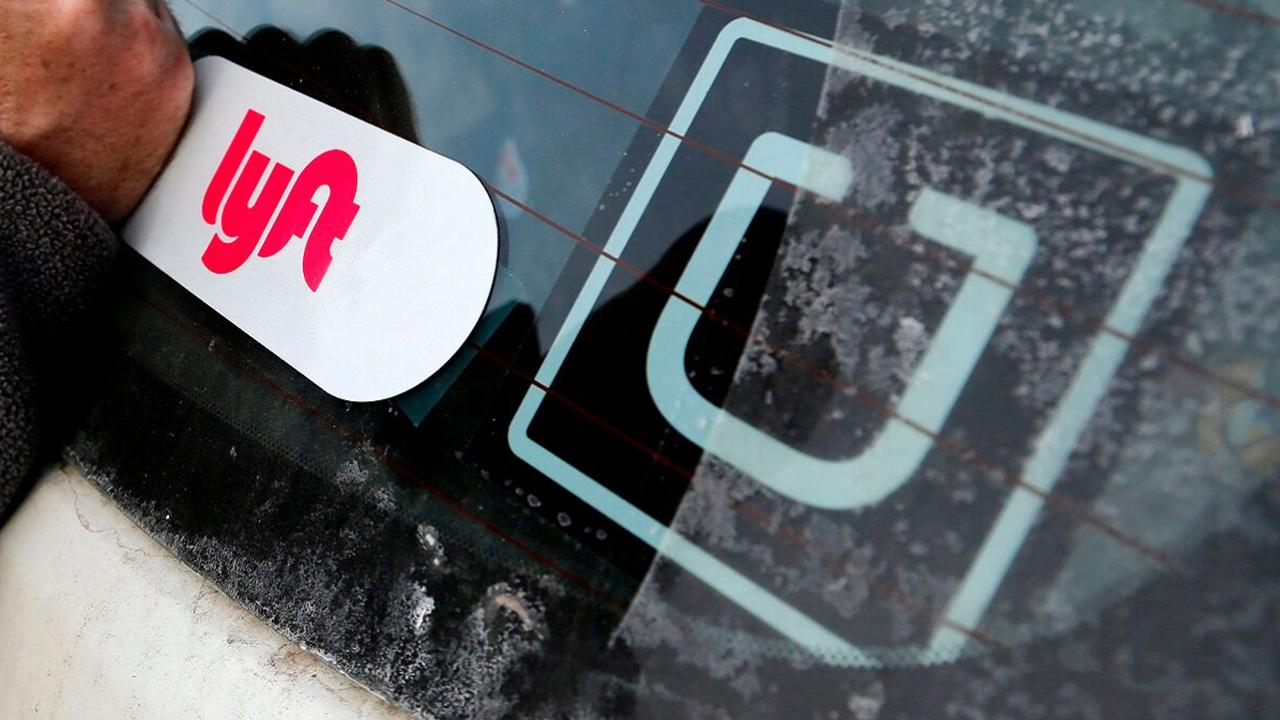Uber, Lyft executives warned not to miss House 'ride-sharing' hearing
A prominent House committee chairman warned Uber and Lyft executives on Monday that failure to attend an upcoming hearing on issues in the ride-sharing industry could cost them a chance to weigh in on potential laws governing the burgeoning technology.
Rep. Peter DeFazio (D-Ore.), chairman of the House Transportation and Infrastructure Committee, said it was “unacceptable” for them to miss the hearing on Wednesday. Dubbed “Examining the Future of Transportation Network Companies: Challenges and Opportunities,” the hearing will seek to address concerns regarding company policies governing rider safety, driver screening policies and pay practices.
“I intend to pursue legislative solutions to address numerous issues plaguing the ride-hailing industry, many of which will be raised at this hearing. ... If you do not send a representative to testify at the hearing, you leave the Committee little choice but to make these policy decisions without your input,” DeFazio said in letters addressed to Uber CEO Dara Khosrowshahi and Lyft CEO Logan Green.
DeFazio’s letters say both Uber and Lyft suggested that the committee speak with “third-party industry associations” rather than company executives.
Uber did not immediately respond to a request for comment on the situation.
"Lyft is proud to work closely with offices across Capitol Hill and we're committed to engaging thoughtfully with the Committee on Transportation & Infrastructure. These are important topics that we take very seriously. We look forward to future discussions with policymakers and stakeholders,” a company spokeswoman said in a statement.
Uber and Lyft have added a host of safety features to their apps in recent months to address concerns about violent incidents involving drivers. Both companies conduct background checks of all prospective drivers.
GET FOX BUSINESS ON THE GO BY CLICKING HERE
DeFazio’s letter noted, “news reports in recent weeks have raised serious questions about a wide range of issues including sexual predation by drivers, the need for background checks and deactivation of dangerous drivers, and inadequate wages.”
Both companies received lukewarm receptions upon their debuts as publicly traded companies earlier this year amid concerns about their abilities to achieve profitability. Lyft shares are down nearly 50 percent from their IPO price, while Uber shares are down more than 30 percent.




















